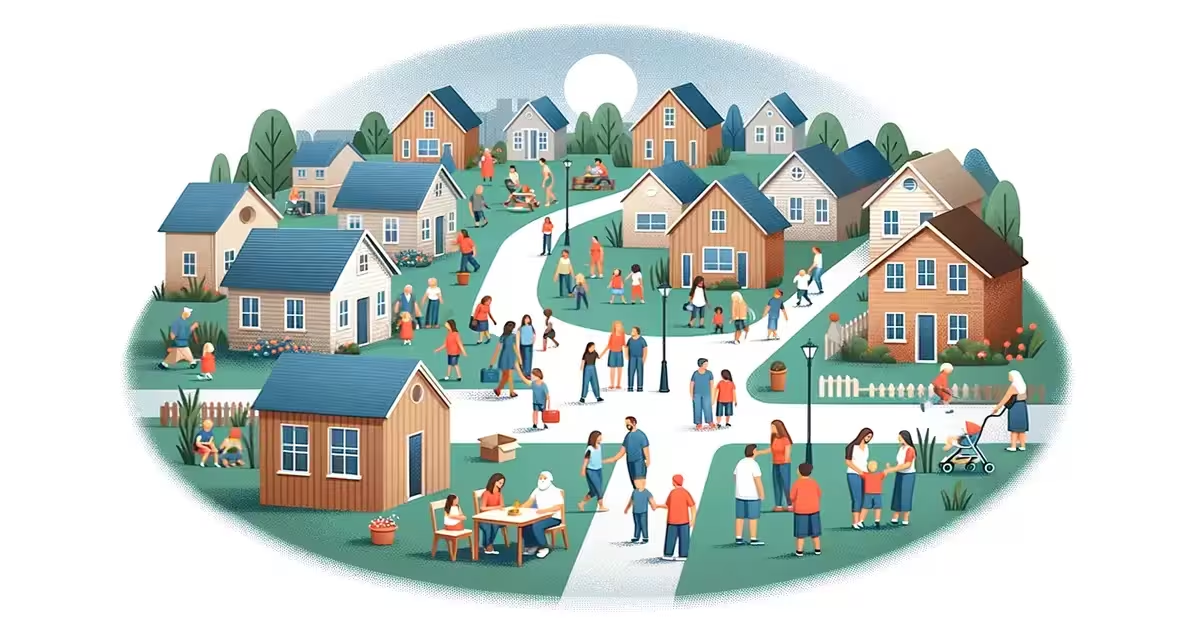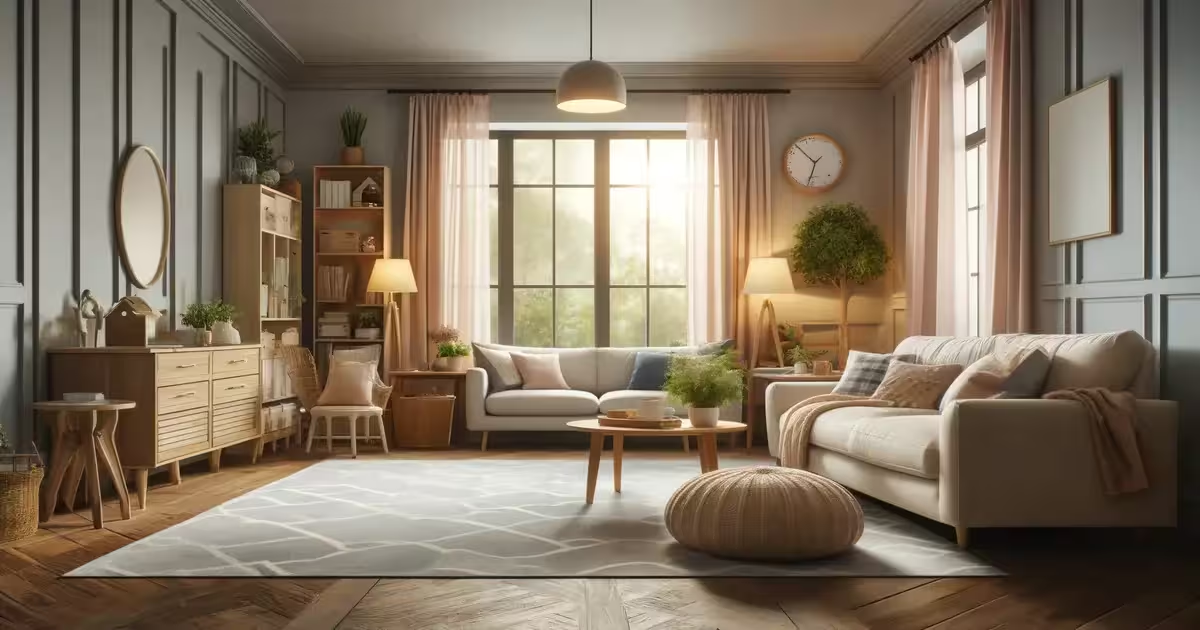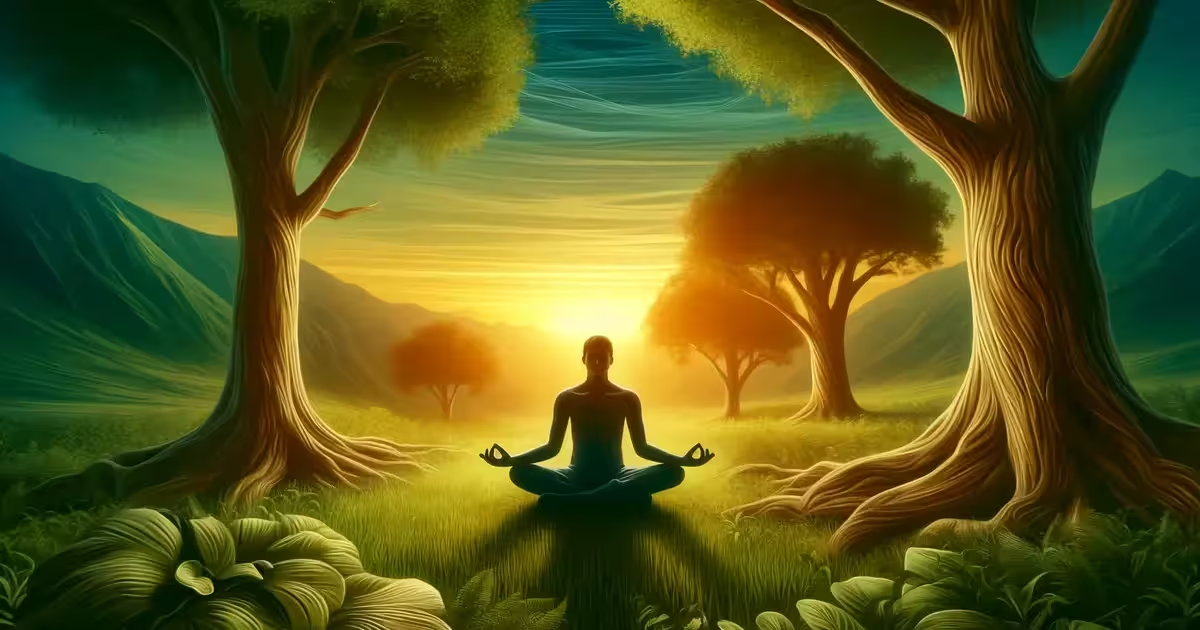Why Feeling Safe In The World Is One Of The Highest Human Needs!

Feeling safe is one of those fundamental human needs. It is what we build our lives, our relations, and ourselves on.
Yet, many of us still experience insecurity and fear. These feelings reside in our homes and personal spaces, while others are within us.
This article will take you on a journey to find peace and security within yourself. We will travel through the psychological basis of feeling safe and why this is critical to mental and emotional health.
We therefore will look into common reasons that make it hard for people to feel safe at home and some of the ways one can enhance physical safety. We will also consider the place of relationships and self-care in achieving safety.
Subscribe to Create Higher Vibrations!
Get Inspiration and Practical advice straight to your inbox.
Understanding the Need for Safety
Safety is an instinct inscribed in our primal, inner psyche; it guides our actions and shapes our behaviors.
Our need for safety is derived from survival instincts. It’s a protective mechanism that alerts us to potential threats and helps us navigate the world.
Being safe involves not only physical security but also emotional and psychological well-being. It is in feeling safe that we can participate in healthy behaviors, form rewarding relationships, and actualize personal growth...
Here are some key points to understand about the need for safety:
Common Reasons for Feeling Unsafe
Feeling unsafe can stem from various sources. It’s often a response to perceived threats in our environment, whether real or imagined.
One common reason is past trauma. Any traumatic experience can leave a scar, making us feel unsafe even when there is no immediate danger. This might manifest in different ways, such as not feeling safe at home or when alone.
Another factor is the influence of the media and news. Exposure to negative news can heighten our level of perceived danger and diminish the sense of safety we feel. It is much more the case in this digital era where the flow of information could turn into a torrent, and insecurity could come easily.
Social and cultural factors can contribute to feelings of unsafe. For example, people belonging to marginalized communities are more likely to have issues of safety and security because of discrimination and prejudice.
So knowing these factors can help us address our fears and work toward creating a safe environment for ourselves and others.
Enhancing Physical Safety at Home
Physical safety is a crucial aspect of feeling secure. It’s about creating an environment where you’re protected from harm. This is particularly important at home, where we should feel safest.
There are several strategies to enhance physical safety at home. These include installing security systems, such as Feel Safe wireless, using locks and alarms, and maintaining regular home maintenance.
Here are some practical steps you can take:
Remember, the goal is not to create a fortress, but a home where you can relax and feel secure. It’s about finding a balance between safety measures and a comfortable living environment.
The Role of Relationships in Personal Safety
Relationships determine a great deal in how we feel safe. “I feel safe with you” speaks to the power of the experience of trust and connection.
Good relationships should leave us feeling seen, heard, and valued. A sense of emotional safety can indeed help counteract feelings of fear and insecurity. You must create the type of relationships with which you can share such concerns and get the support you need to carry on.
But it is equally necessary to understand that one should not feel safe only from others. Though relationships can make us feel secure, one should also learn how to devise strategies for feeling safe when one is alone.
The balance between interpersonal safety and personal resilience is fine, and it must be followed for the whole emotional state.
Creating a Safe and Comforting Home Environment
Creating a safe and comforting home environment goes beyond physical security measures. It involves cultivating a space that promotes peace, comfort, and emotional well-being.
Consider the following strategies to enhance the safety and comfort of your home environment:
Your home should be a sanctuary where you feel safe and at peace. By consciously shaping your environment, you can foster a greater sense of security within yourself.
Techniques for Emotional Safety When Alone
Being alone can sometimes trigger feelings of insecurity or fear. However, there are several techniques you can employ to enhance your emotional safety when alone.
Consider the following strategies:
Remember, it’s okay to feel uncomfortable when alone. It’s a common experience that many people share. By implementing these techniques, you can cultivate a sense of emotional safety and peace within yourself, even when you’re alone.
Mindfulness and Inner Security
Mindfulness is a powerful tool for cultivating inner security. It involves being fully present in the moment and aware of your thoughts, feelings, and sensations without judgment.
Here are some mindfulness practices that can help you feel safer within yourself:
By practicing mindfulness, you can develop a stronger connection with your inner self. This connection can serve as a source of comfort and security, helping you feel safe no matter where you are or who you’re with.
Establishing Boundaries for a Safer Space
The establishment of a few boundaries may be quite an integral part of creating a safer space. These boundaries could be physical by locking the doors or creating a private area in one’s home, or emotional in terms of limits on sharing with others.
There is so much that can be done for your sense of safety: respecting your boundaries and ensuring other people do too.
One will feel on top of the world about personal space and personal interactions if his or her boundaries are minded, not exposed, or even contested. It is okay to say no and protect your space. Your safety and comfort should always be a priority.
Leveraging Technology for Safety
In today’s digital age, technology can play a significant role in enhancing your sense of safety. From home security systems to personal safety apps, technology offers a variety of tools to help you feel secure.
Here are a few examples of how technology can be used for safety:
Building a Support Network and Community Engagement
Establishing a good support system may greatly enhance the level of safety. Friends, family, neighbors, or even professional counselors who will help you are included in this system; that is, by giving emotional support, sharing practical advice, and providing some kind of assistance at times of need.
Community engagement plays a very important part in feeling secure. You can take part in the neighborhood watch, and community meetings, or volunteer in a local safety effort to feel more attached and secure in your environment.
Below are some ways that you will need to create a support network and get involved with your community:

Final Thoughts on Feeling Safe In a World Full of Chaos
Feeling safe is a fundamental human need that impacts our mental and emotional well-being. Start by understanding the roots of your fears. Strengthen your physical safety. Build supportive relationships. And nurture a sense of inner peace.
Together, these steps help you create a lasting sense of security from within.
Keep in mind that it’s a journey, not a destination.
Namaste 🙂




